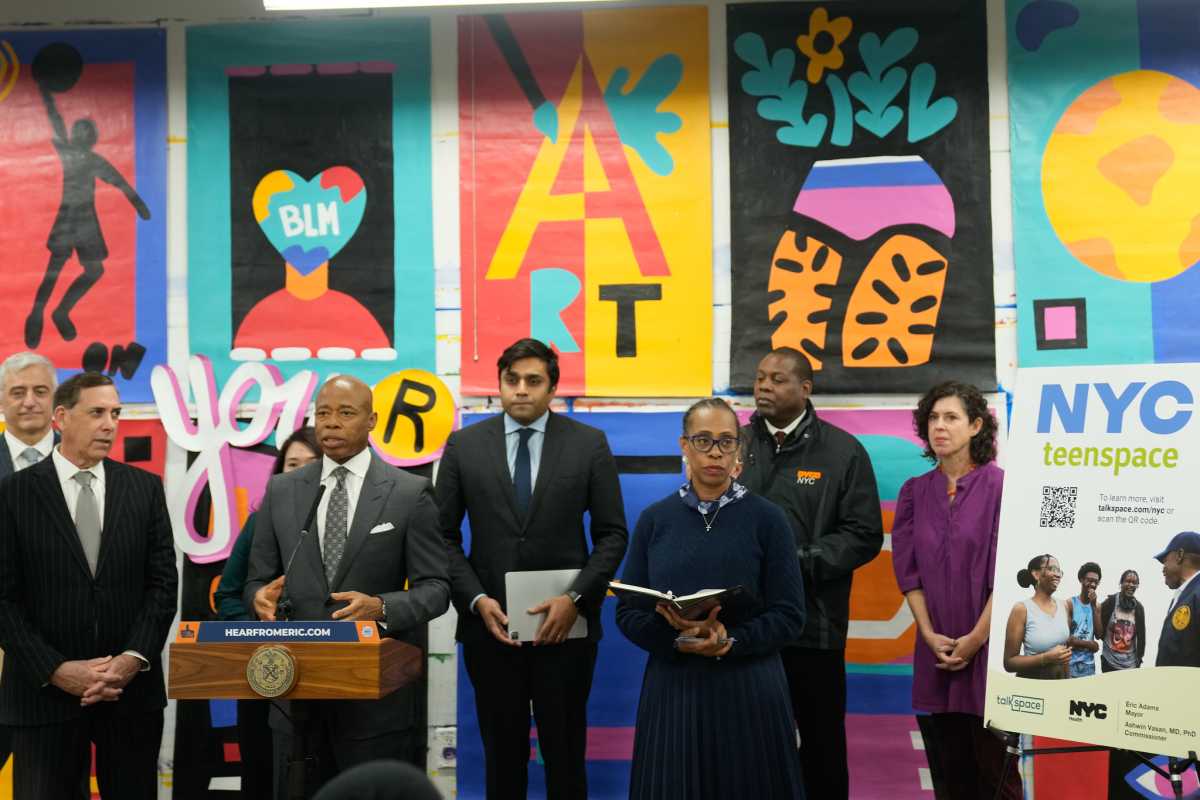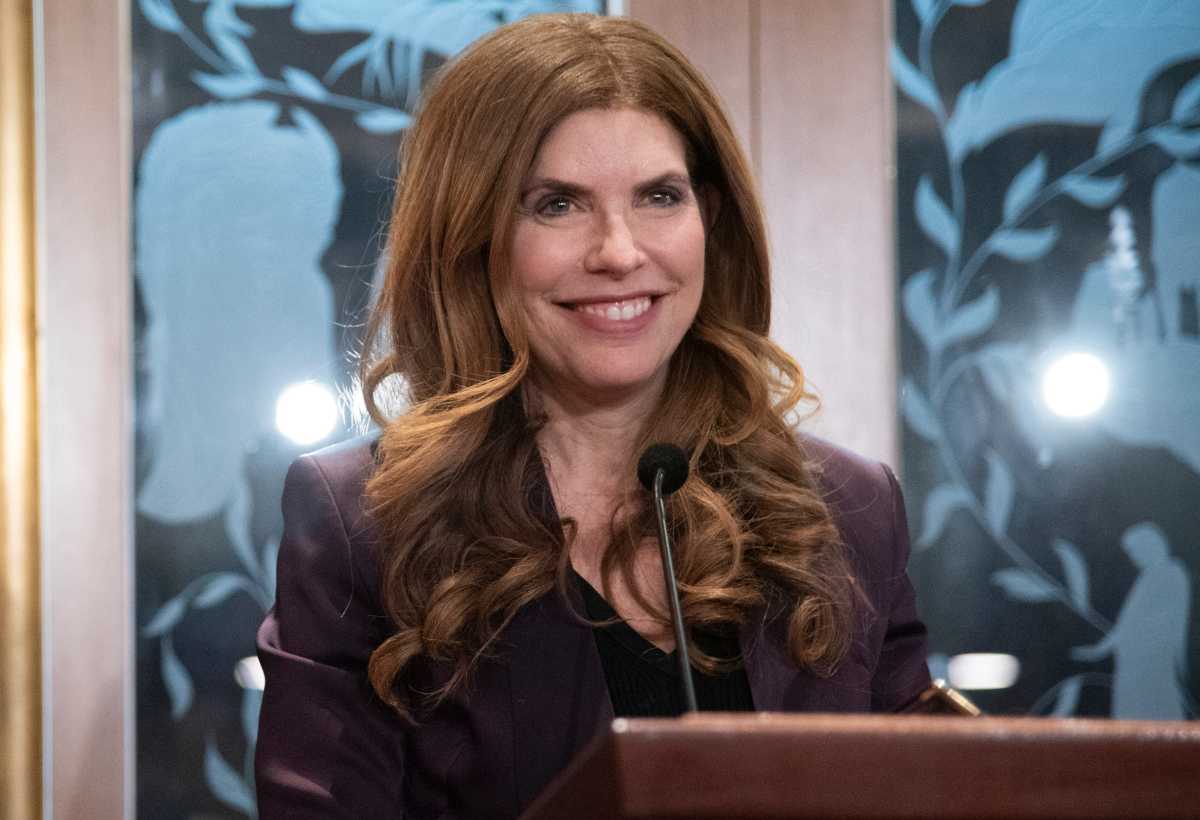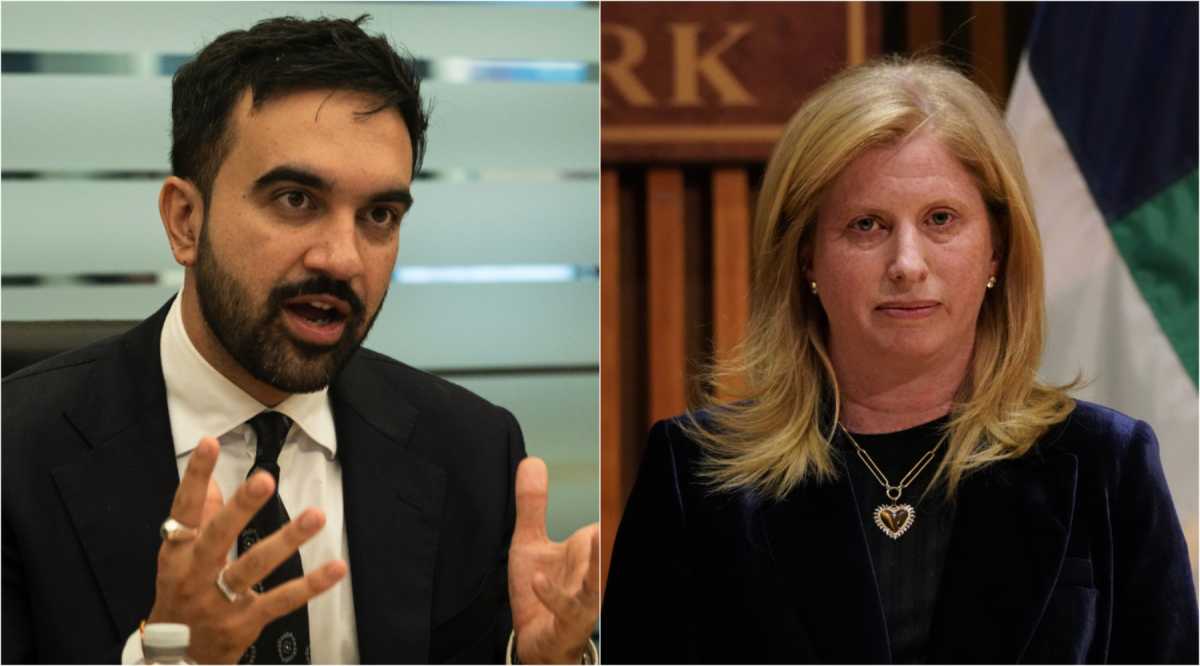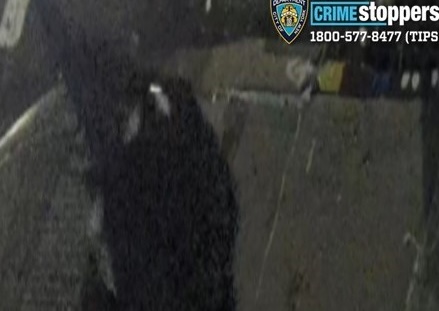New York City teenagers between 13 and 17 years of age are receiving expanded access to free tele-mental health services via a collaboration between the online therapy platform Talkspace and the city’s Department of Health and Mental Hygiene.
Mayor Eric Adams and Health Commissioner Dr. Ashwin Vasan announced the partnership earlier this month, noting that the initiative with Talkspace will reach between 400,000 and 500,000 teenagers across the five boroughs in an effort to address the mental health crisis affecting U.S. teens in the wake of the pandemic (among other causes).
Building on Adams’ mental health agenda for NYC released in March, the program, called “Teenspace”, allows New York City teenagers to connect with a licensed therapist through phone, video, and text. Users can take advantage of the service through sessions with a licensed-therapist, online classes and other virtual resources through the app, Talkspace Go.
Eligible teenagers can start using free self-guided activities and other in-app resources immediately, and can begin speaking with a therapist after receiving a parent or guardian’s consent. The new program will work to connect teens with appropriate support and referrals for further care if needed, an often arduous process.
The New York City-based tele-mental health service, Talkspace, already works with insurers and employers, offering access to therapy, psychiatry and in-app self-guided mental health support.
According to Talkspace Executive Vice President and Chief Legal Officer John Reilly, the tele-health company signed a three-year, $26 million contract to power the Teenspace pilot program.
“We believe it’s the largest teen mental health initiative, certainly city-based, in the country,” said Talkspace CEO Jon Cohen, M.D. “You know, 22% of teenagers have seriously considered suicide. And 10% have actually attempted to commit death through suicide. 57% of teen girls find their life to be sad or just incredibly hopeless.” said Cohen, in conversation with Yahoo Finance last week. “In the last year, 20%, 25% of teenage girls have visited the emergency room for mental health, increasing mental health crisis. So if you put that together with what’s going on with the social media addiction,” cited by United States Surgeon General Dr. Vivek Murthy, “the crisis is very, very real.”
Students have made clear the toll the pandemic has taken on their education and their mental health, NYC Teenspace aims to reach teens where they are: increasingly, that means their phones.
Adams and Vasan cited a study from JAMA Pediatrics that found, nationwide, 1 in 5 teenagers suffered major depressive disorder symptoms in 2021, a significant increase from before COVID-19. This comes not long after the Centers for Disease Control and Prevention published 2021 data indicating 42% of U.S. teens reported persistent feelings of sadness and hopelessness, and 22% have seriously considered attempting suicide.
In conjunction with Teenspace, Adams and the city’s Health Department published updated and re-tooled resources for adolescent mental health care information and released guidelines and advice for parents and guardians.
“Teenspace will provide our city’s teens with a tangible resource to support their mental health and wellbeing and reduce barriers to accessing care — helping teens take greater control of their mental journey on their own terms. Supporting healthy minds from a young age will lay a foundation for the future of a healthier New York City.” said Dr. Vasan.
Therapy and mental health care are still too often classified as nonessential. Teenspace, at the very least, will afford every teenager the chance to speak with qualified mental health professionals on a safe and secure platform. Although there are any number of apps where teens increasingly turn to “mental health hacks” and “wellness” and “lifestyle” content, Teenspace promises to connect users with evidence-based solutions rather than the latest trends.
“Teens are often reluctant to reach out for help, and ‘Teenspace’ will allow them to open up on platforms they are already using. The Department of Youth and Community Development (DYCD) looks forward to working with our agency partners in connecting this exciting new resource to young people in our programs.” said city Youth and Development Commissioner Keith Howard.
Combining the force of the mayor’s office and one of the largest tele-health companies, the program will likely not put an end to the angst of adolescence, but will afford every 13 to 17-year-old the opportunity to be heard and to understand their feelings.
Teenspace represents a powerful commitment to teenage mental health and to the development of a society empowered to face the personal and professional challenges of tomorrow.








